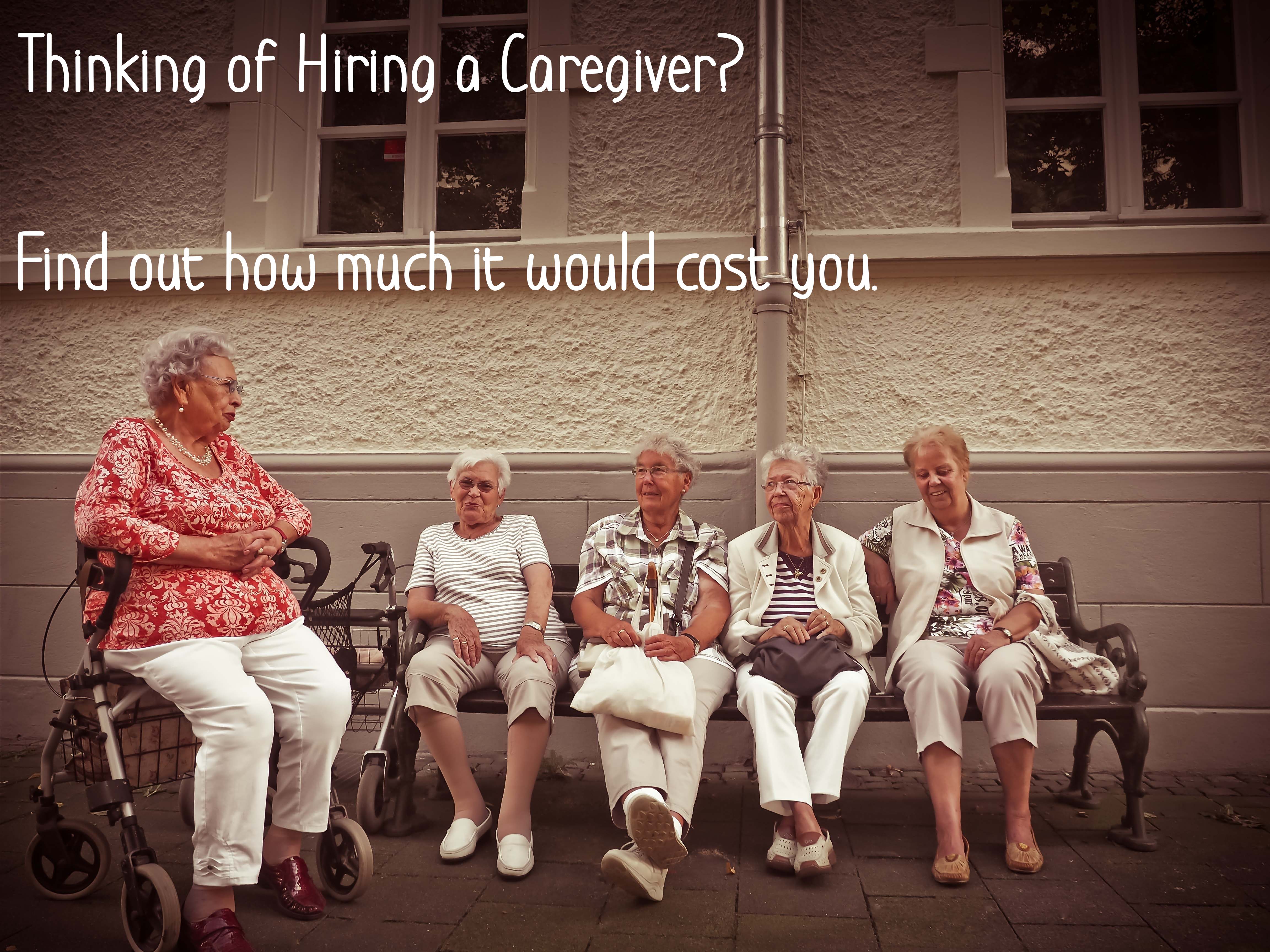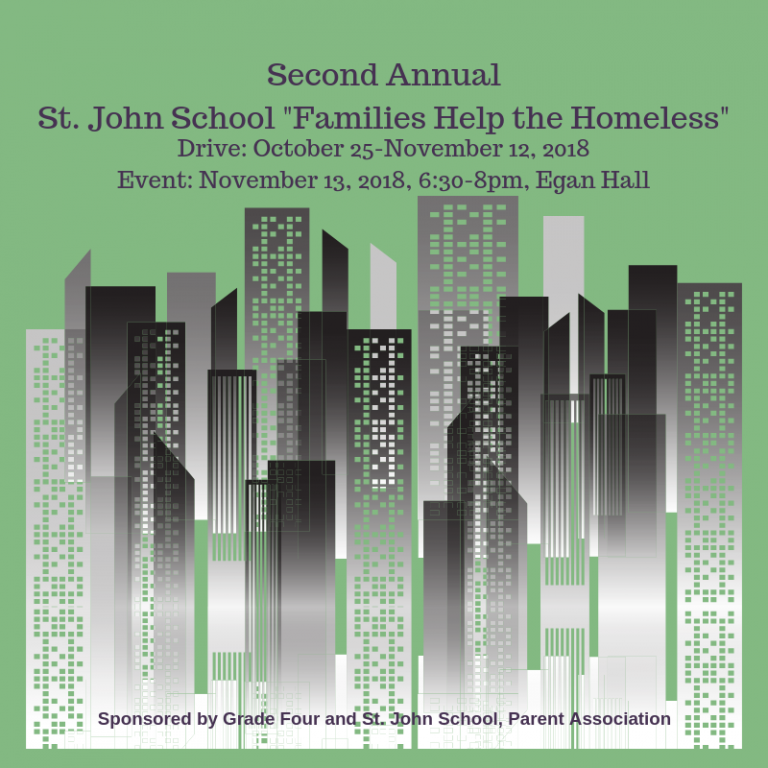6 Reasons to Grow Old
 There’s a shady side and a sunny side,” said Joshua O. Haberman, Rabbi Emeritus of Washington Hebrew Congregation in Washington, D.C. He was talking about old age.
There’s a shady side and a sunny side,” said Joshua O. Haberman, Rabbi Emeritus of Washington Hebrew Congregation in Washington, D.C. He was talking about old age.
To his own surprise, he recently turned 90, an event the congregation he has helped lead for 40 years celebrated with a dinner, music, prayers and thoughtful observations from the honoree (PDF).
Not every 90-year-old enjoys the good health and vigor of the rabbi, who still teaches and writes and agreed to fit in a phone interview after his half-hour of daily morning calisthenics. (“I jump around, but I’m not a fanatic.”) But it’s good to remember, with more than 1.5 million Americans having passed this once rare milestone, that extreme longevity has its compensations. Rabbi Haberman cites six.
1. Tranquility tops his list. “You have achieved in old age what you have wanted to, if you are fortunate,” he said. The important battles have been waged, the decisions made. “You no longer have to do the pushing, the striving, the struggle.”
2. Next, the cooling of passion. “You don’t rush to quick action,” Rabbi Haberman explained. “You’re more likely to stop and think.” These days he’s hardly indifferent to the world’s problems, he added, but he’s less inclined to think he can solve them, or that they’re soluble at all.
3. He’s learned “the art of submission.” Americans are activists by nature, but “more happens to us than we cause to happen,” he has found. “You have to accept the unalterable.”
4. Moreover, the rabbi confessed, he’s increasingly apt to consider the possibility he’s wrong, a gift of old age (fourth on the list) he labeled “liberation from the compulsion to set everyone else straight.” He has loosened up, he told me, since his more dogmatic youth.
Once he fiercely opposed young people living together outside marriage, for instance. He still opposes it but less vehemently, especially since several of his own children cohabited before they wed. “Conditions in the world have changed; women are economically independent,” he explained. “Singlehood for women is different than a century ago.” I could practically hear him shrugging on his end of the phone line.
5. The fifth benefit of growing old, “one of the most important marks of maturity,” is gratitude. “I’m more conscious of the little favors people do — the driver who stops and lets me cross the street, the newspaper man who brings my paper directly to the door,” Rabbi Haberman said. He feels more aware of humanity’s interconnectedness. “I am a zero by myself.”
6. Concluding the list: greater involvement with his family, including his wife of nearly 65 years, four children (one rabbi, two spouses of rabbis, one civilian), 15 grandchildren and nine great-grandchildren.
Yes, he does think about death, but he doesn’t pretend to understand it and he’s not afraid of it. “I believe in the eternity of existence,” he said. “We remain part of this universe.”
Each night before bed, he recites in Hebrew a passage from Psalm 31: “In God’s hand I entrust my spirit, when asleep and when awake/My body and spirit, God is with me, I shall not fear.”
“And I leave it at that,” the rabbi said.
Source: The New York Times; Monday June 22, 2009
- Tags: Uncategorized
- Professional Medical














Comments 0